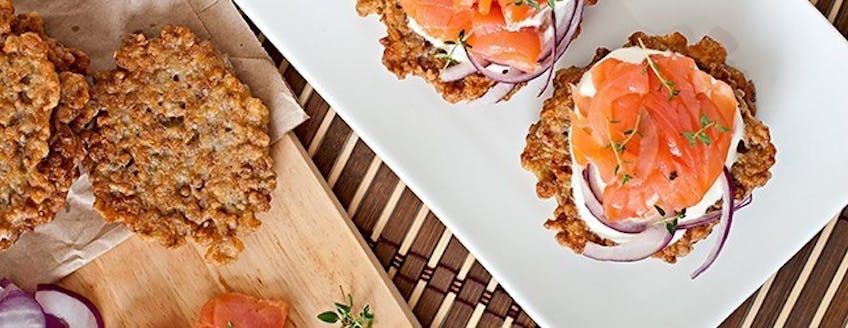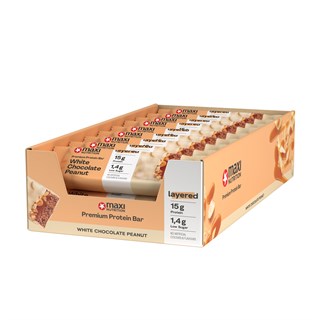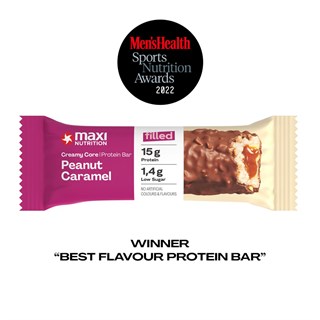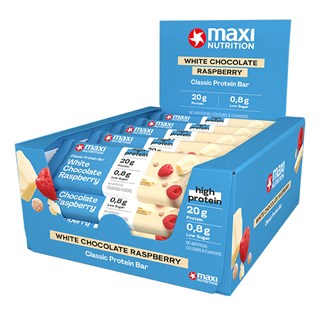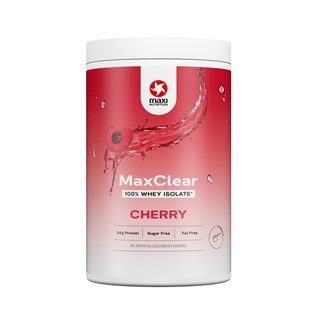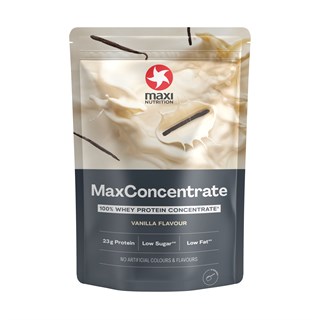We all snack, here's a guide on healthy snacking ideas and options
All of us are guilty of reaching for a chocolate bar to beat the mid afternoon cravings, and subsequently feeling terrible that our healthy eating vows have been obliterated, however, snacking doesn’t have to be sinful. It is a common misconception that snacking is bad for us, when in fact redistributing our calorie intake over more meals throughout the day can help with that 3pm slump, and prevent us from over indulging when we are hungry. But just remember not to eat more!
Is a calorie just a calorie?
It is sometimes hard to know what our best options are when it comes to snacking healthy. Healthy eating doesn’t mean restricting yourself to a low calorie diet, instead, finding nutrient rich foods that are good for our bodies. For example, a large banana can have more calories than a doughnut, but we all know which of the two is best for us.
Fats
It is easy to assume that cutting out all fats in our diet is advantageous; however certain types of fats are essential. Studies suggest that a diet high in ‘bad’ fats such as saturated fats and trans fats increases the risk of heart disease. Whereas ‘good’ fats like monounsaturated and polyunsaturated fats such as EPA and DHA, types of fats found in oily fish, can help to maintain heart health and normal blood pressure. Replace snacks high in ‘bad’ fats, such as those commonly found in foods like chocolate bars, biscuits, fried or highly processed foods, with ‘good’ fats such as those found in foods like avocados, unsalted nuts, seeds and oily fish.
Sugar
Highly processed sugary foods and drinks are some of the main culprits for easy, transportable, snack options. These foods not only contain added sugar but some also have a high calorie content, not to mention their contribution to tooth decay. Snacks that contain natural sugars such as fruit and milk are more desirable options.
Protein
Proteins are essential to allow the body to maintain lean muscle, and to aid muscle rebuilding. Protein rich foods are also a good source of certain vitamins and minerals e.g. Vitamin B12 and Iron. Eating animal products such as lean meats, fish, and low-fat dairy products are good ways to achieve the recommended average of 0.8 g of protein per kilogram of body weight per day (this will vary depending on your activity levels).
Calcium
Calcium contributes to normal brain function and can support the maintenance of healthy bones and teeth. The recommended daily intake of calcium is 800mg per day, and can be obtained from most dairy products such as cottage cheese, yoghurt and milk. Calcium can also be obtained in smaller quantities from certain green leafy vegetables such as broccoli. If you’re thinking about supplementing with calcium, it is important to consult your doctor.
B-vitamins
B-vitamins are a group of vitamins that have several important functions within the body, such as vitamin B12 assisting the release of energy from our food, and vitamin B2 keeping the nervous system healthy. B-vitamins are found in wholegrain foods, fruits and vegetables. Eating a healthy balanced and varied diet should be adequate to achieve all the B-vitamins required each day.
Fibre
Fibre is a key component of a healthy balanced diet, and different forms of fibre have different ways of keeping our digestive systems functioning correctly. Rye fibre contributes to normal bowel function. Whereas, oat grain fibre and wheat bran fibre add faecal bulk, and help to move the matter through our intestinal tract. We should aim to eat at least 30 g of fibre per day from plant based foods such as fruit, vegetables, whole grains, cereals and nuts.
Post -Training
For those looking for a post-training healthy snack, it is important to top up your carbohydrate stores (known as muscle glycogen), ready for your next workout. To achieve this try eating about 1 - 1.2 g carbohydrate per kilogram of body weight, and 10 – 20 g protein to rebuild muscle after exercise.
Try some of the delicious healthy snack options found in the table below, including post training alternatives.
| Snacks | Training Snacks |
| 200 g Greek yoghurt + 1 handful of fresh berries | 2 slices of whole grain toast with peanut butter |
| Fig & date bars | |
| Vegetable sushi | 300 ml chocolate milk |
| 1 Avocado + 100 g cottage cheese | 200 g yoghurt + 50 g granola |
| 1 handful of dried fruit and nuts | 330ml Promax Milk |
| 300 ml banana and red berry smoothie | Salmon sandwich on wholegrain bread |
When considering your snacking options, in particular post training snacks, it is beneficial to include a mix of protein, low glycemic index (GI) carbohydrates (a slow releasing form of carbohydrate), fibre, vitamins and minerals. This mix will allow your body to get all the macro and micronutrients it needs for overall health.
Hints and Tips:
When considering your snacking options, in particular post training snacks, it is beneficial to include a mix of protein, low glycemic index (GI) carbohydrates (a slow releasing form of carbohydrate), fibre, vitamins and minerals. This mix will allow your body to get all the macro and micronutrients it needs for overall health.
Consider your options
Next time you reach for a convenient snack, consider the alternative choices, e.g. sandwiches made with whole grain bread versus white bread.
Plan ahead
Make a shopping list (and stick to it!), and avoid food shopping when you are hungry. This can help you avoid picking up those tempting little goodies on the shelves.
Convenient and portable
Have healthy snacks available in your fridge, cupboards and gym bag, to avoid going on a chocolate run to the corner shop.
Check the label
Foods that advertise their low fat credentials might sometimes have a high sugar or salt content to replace the taste that comes from fat.
Portion control
Make yourself aware of appropriate portion sizes and calorie content of certain foods, for example 1 half of a chocolate bar has the same amount of calories as a banana and yoghurt.
Be a snacking winner by packing goodness into your snacks with nutrient rich food and drinks, and include a source of carbohydrate and protein for post exercise snacks to support your training. Exercise portion control, and organise your snacks over the day around work and training, ensuring healthy snacking is a lifestyle change and not just a one off hint of virtuousness.





